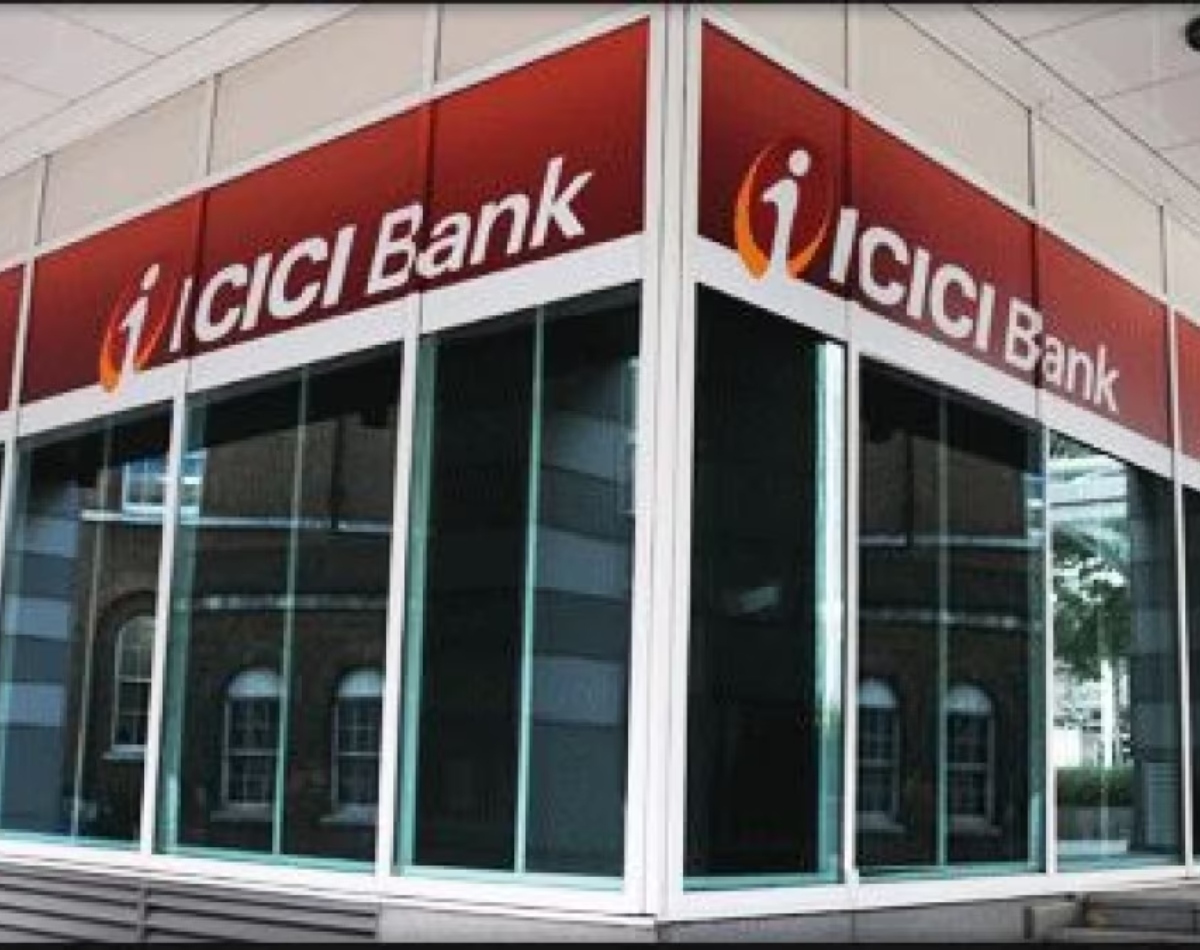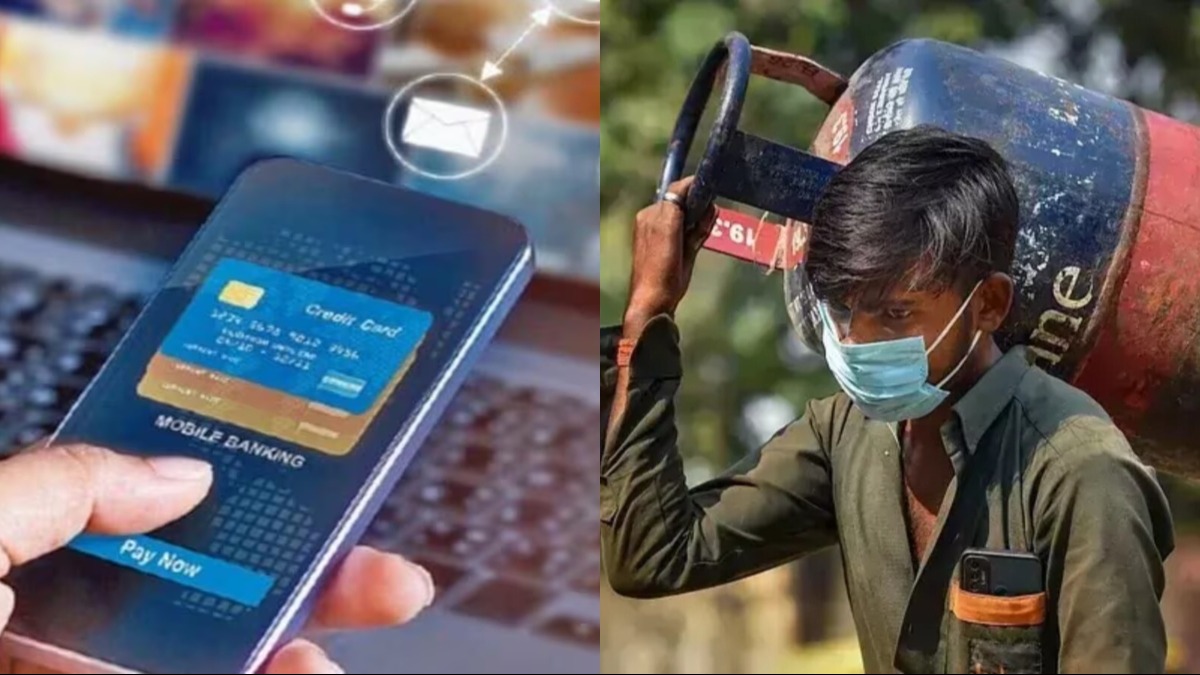With the onset of May, various substantial changes (Rule Change From 1st May) have come into effect in the country as of May 1, 2024. These changes are set to have a direct impact on your wallet. These include adjustments from the cost of LPG cylinders to payments made with credit cards (Credit Card). While the price of LPG cylinders has decreased (LPG Cylinder Price Cut), we will also see additional charges when paying utility bills with credit cards from two banks. Let's delve into these and other notable changes...
LPG Cylinder Prices Slashed
Starting with the biggest change for May, LPG prices have been cut for the second consecutive month for the 19-kilogram commercial gas cylinder. Amidst ongoing elections, cities from Delhi to Mumbai have seen a price reduction of ₹19-20 for cylinders. The Indian Oil Corporation's website has been updated with the new prices effective from May 1, 2024.
The fresh changes have resulted in a ₹19 reduction in the price of a 9-kilogram commercial gas cylinder in Delhi, bringing its price down from ₹1764.50 to ₹1745.50. In Mumbai, the price of a Commercial LPG Cylinder has gone down from ₹1717.50 to ₹1698.50. Likewise, in Chennai, the cylinder is now cheaper by ₹19, with its price coming down from ₹1930 to ₹1911. Kolkata has seen a reduction of ₹20, bringing the price of a cylinder that was sold for ₹1879 down to ₹1859.
ICICI Bank Savings Account Charges
ICICI Bank has made changes to the fees associated with savings accounts (Saving Accounts) starting today. The bank had pre-announced that this change would take effect on May 1, 2024. As part of this, the annual fee associated with debit cards (Debit Card) has been increased to ₹200, while for rural areas, it has been set at ₹99. Additionally, the bank has changed the rules regarding checkbooks. From May 1st onwards, there will be no charges for a 25-page cheque book, but there will be a fee of ₹4 per page thereafter. Moreover, IMPS transaction charges will range from ₹2.50 to ₹15.

Source: aajtak
Several Rule Changes at Yes Bank
The third change relates to customers of Yes Bank (Yes Bank). The bank has revised the minimum average balance charge for savings accounts starting May 1, 2024. Under this revision, the Pro Max savings account will have an MAB of ₹50,000, attracting a maximum charge of ₹1,000. For the Saving Account Pro Plus, Yes Essence SA, and YES Respect SA accounts, the minimum balance will be ₹25,000, with a decided charge of ₹750. The Saving Account Pro requires a minimum balance of ₹10,000 with a maximum charge of ₹750. Finally, for the Saving Value account, there's a limit of ₹5,000 with a maximum charge of ₹500.
Bill Payments to Become More Expensive
For those who pay utility bills with credit cards, the fourth change is significant. In particular, Yes Bank and IDFC First Bank users will now incur additional charges for utility bill payments (Utility Bill Payments) exceeding a certain amount. Effective May 1, Yes Bank Credit Card holders will be charged an additional 1% on electricity or other utility bill payments over ₹15,000, and IDFC First Bank will similarly apply an extra 1% fee and 18% GST on payments exceeding ₹20,000.

Source: aajtak
Mutual Fund KYC Regulation
The fifth adjustment is targeted at mutual fund investors, although this rule actually took effect prior to April 30. According to the new KYC regulations, the name provided by investors on their mutual fund applications must match the name on their PAN (Permanent Account Number) Card. Any mismatch will result in the rejection of their application. Consequently, it's vital for first-time mutual fund investors to ensure that their name and date of birth align with their PAN card details and, consequently, their income tax records.
14 Days of Bank Holidays
May 2024 will see an abundance of bank holidays, totaling 14 days off throughout the month, essentially meaning a Bank Holiday. The holidays, as per the Reserve Bank of India's (RBI) holiday list, include occasions such as Akshaya Tritiya, Maharashtra Day, Rabindranath Tagore's birthday, and others. Therefore, it's advisable to check the holiday list before setting out for any banking activities. These holidays will include the typical second and fourth Saturdays as well as Sundays.




